 |
| January 06, 2020 |
Dear Reader,
Welcome to Scientific American's redesigned daily newsletter. From Monday to Friday, you'll receive the latest news and insights on exciting discoveries and advances in science that impact our world. Today, deadly bushfires in Australia continue to rage. Scientists have linked the blazes to climate change, yet the country's Prime Minister Scott Morrison insisted his government plans to use a carbon accounting loophole that critics say will put the 1.5 C goal further out of reach. Also, this year Scientific American will celebrate its 175th birthday so expect to see anniversary-themed content and special reports throughout 2020. We look forward to sharing the history and future of science with you. |
| | Sunya Bhutta, Senior Editor, Audience Engagement
@sunyaaa | |
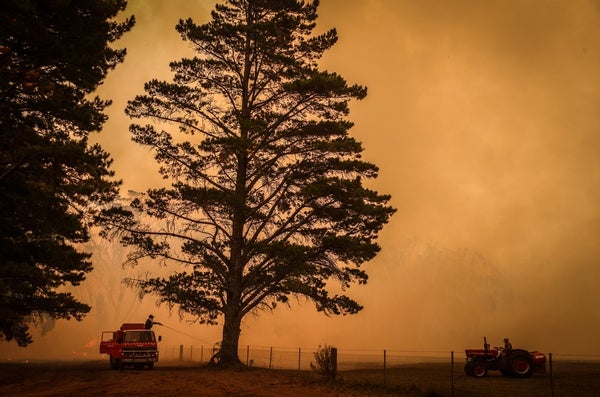 |
| |
| |
| |
| |
| |
| |
FROM THE STORE
 | | Music and the Brain Neuroscientists have shown that music recruits nearly every area of the brain, fostering connections across different regions. In this eBook, we examine the latest imaging studies and discuss the effects of music on emotion, cognition, sensation and motor function. This includes an examination of the brain's anatomy when listening to or creating music, of music's relationship to learning math and language skills and of its role in promoting social connections and treating brain disorders and injuries. |  | | |
| |
FROM THE ARCHIVE
 | | | |
| QUOTE OF THE DAY
 "It's not the sun. It's not volcanoes. It's not 'natural cycles.' There is no explanation for this--none--that makes sense besides emissions of heat-trapping gases." Kate Marvel, climate scientist, via Twitter | |
| |
LATEST ISSUES
 |
| |
| Questions? Comments?  | |
| Download the Scientific American App |
| |
| |








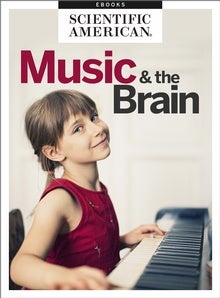

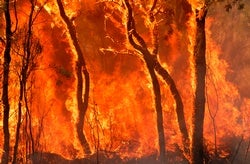
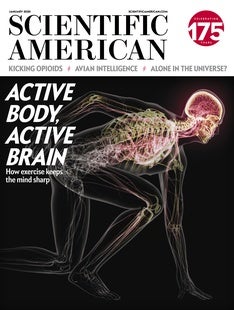

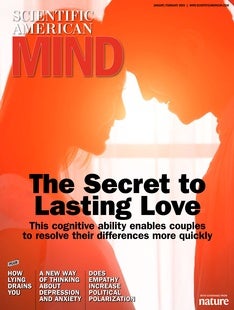
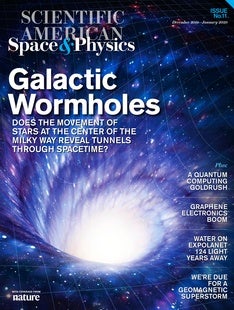
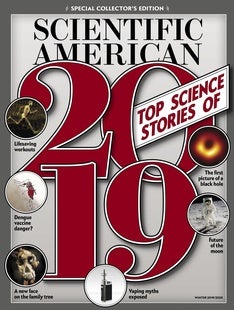



Comments
Post a Comment